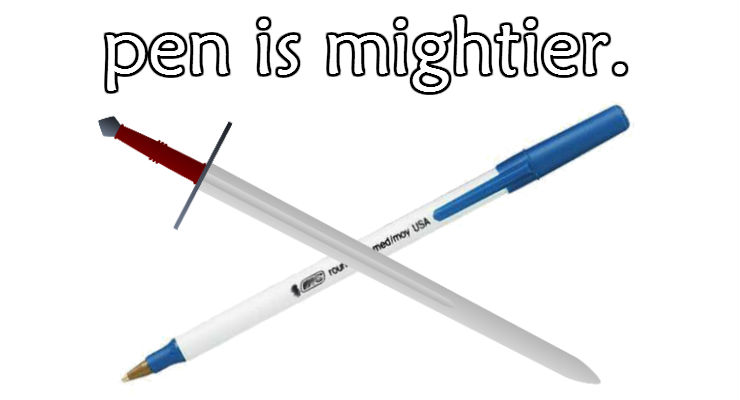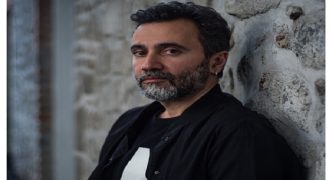
From Voice of America
The Syrian-German director of an Oscar-nominated documentary about the life of al-Qaida-linked extremists in Syria said he took enormous risks during filming to better understand what led to the rise in extremism in his home country.
Talal Derki, the director of Of Fathers and Sons, is in Los Angeles, where his film will compete with four others in the Best Documentary Feature category Sunday at the 91st Academy Awards.
Derki began a risky journey in 2014 when he traveled to northwestern Syria and acted as an al-Qaida sympathizer for two and a half years to produce his documentary.
“It was a dangerous task. I could have been killed at any moment by different means,” Derki told VOA during an interview.
“But I undertook the risk in order to understand what led to the growth and spread of the extremist ideology in my home country, Syria,” he added.
Derki worked as a cameraman during the Syrian uprising in 2011 and reported from the ground for international news agencies. His new documentary follows the daily life of a Syrian jihadist named Abu Osama, a father of six children who worked as a landmine sweeper and bomb diffuser for al-Qaida offshoot al-Nusra Front in Idlib province in northwestern Syria.

Al-Nusra Front was a jihadist organization established in late 2011 as a branch of al-Qaida fighting against the Syrian government forces in the Syrian civil war. The group gradually gained territory and aimed to establish an Islamic state in the country. In an attempt to avoid international sanctions, the group has claimed it has severed ties with al-Qaida and rebranded itself as Hayat Tahrir al-Sham (HTS). The group has remained internationally sanctioned as a terror group, nevertheless.
Derki, who identifies as a liberal Muslim, contacted the group in 2014 and convinced them he was an Islamist to order to gain direct access to their daily lives. He was with them until the end of 2016.
“I convinced them that I sympathized with their beliefs so I could be able to take an inside look at what is going on in my country,” he told VOA.
Derki’s adventurous yet risky journey resulted in a film that depicts the complex relationship a jihadist has with his children: trying to balance the love he has for them with the dystopian ideals and brutal jihadist ideology he adheres to as a member of the militant group.
The film showed nuances of Osama’s personality and his bond with his children. There are moments in the movie that show the father be loving and affectionate with his children, while at the same time he encourages them to join the jihadist fight.
“I didn’t want to criticize the characters in my movie. I wanted to understand through long observation of the social life. I wanted to show the deep split in Abu Osama’s personality that was caused by hatred and fanatic belief. How could a loving father send his 13-year-old boy to war as a jihadist?”
By showing Osama’s relation to his children and the jihadist group justifying its violent actions, Derki said he intended to give viewers a glimpse into how hate flourishes during conflict and leads to a series of unspeakable violence as witnessed during the Syrian conflict.
The Syrian multisided war has been ongoing since March 2011, with devastating results: About a half-million people have been killed and as many as 12 million displaced, both within and outside the country’s borders. The conflict initially started by anti-government protests as part of the Arab Spring, but later included multiple local fighting groups with widespread international involvement.
Leave a Reply